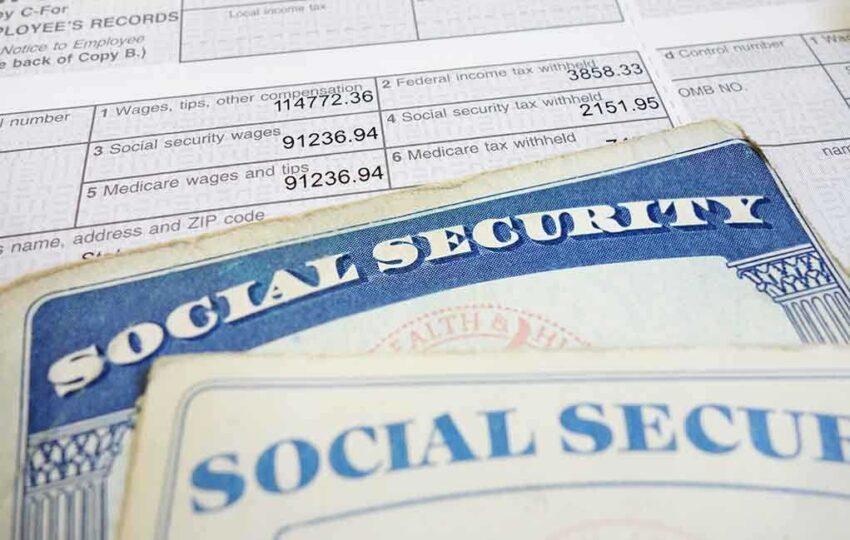Millions of Americans risk forfeiting years of hard-earned Social Security income by blindly following the advice to wait until age 70 to claim benefits—a decision that could devastate retirement security for conservative families already squeezed by inflation and rising healthcare costs.
Story Snapshot
- Delaying Social Security until age 70 doesn’t always maximize lifetime income, especially for those with health issues or spousal/survivor benefits.
- Recent Social Security policy changes and surging Medicare premiums are pushing more retirees to claim benefits earlier.
- Confusion from complex rules and shifting government guidance threatens the financial well-being of responsible Americans.
- Personalized claiming strategies are now essential to defend retirement security against one-size-fits-all government advice.
Delaying Social Security: The Conventional Wisdom Under Fire
For years, financial experts and government agencies insisted that waiting until age 70 to claim Social Security was the surest way to maximize benefits. However, new research and policy shifts in 2025 reveal that this advice ignores the realities facing many American families. Health concerns, spousal and survivor benefit rules, and the ever-rising cost of Medicare premiums mean that a blanket “wait until 70” strategy can lead retirees to miss out on years of payments, undermining both family budgets and retirement security.
Today’s retirees face a far more complicated landscape than previous generations. In the past, most Americans claimed Social Security as soon as they turned 62, securing immediate income. As life expectancy increased and the government promoted delayed claiming, the average claiming age rose by about two years. But new Social Security Administration (SSA) policies—like the Social Security Fairness Act (SSFA) and changes to spousal notifications—have added confusion, making it harder for families to know when and how to claim. These shifts have real consequences, especially for those who cannot afford to wait for higher monthly checks that may never pay off if health declines or death comes earlier than expected.
Complex Rules and Policy Changes Undermine Retirement Planning
The federal government’s recent changes to Social Security and Medicare have only added to the uncertainty. The SSFA, implemented in 2025, changed spousal and survivor benefit eligibility, catching many married couples and widows off-guard. The SSA has made efforts to improve notifications, but the rules remain so complex that even seasoned financial advisors struggle to keep up. Meanwhile, the average monthly Social Security check in July 2025 is $2,006.69, but that’s before Medicare Part B premiums, which have soared to $206.50 per month—an 11.6% increase this year. As a result, many conservative Americans find themselves forced to claim earlier than planned just to keep up with runaway costs, despite official advice to delay for higher theoretical payouts.
Policy confusion has led to a resurgence in early claiming, reversing gains made in recent decades. The share of retirees claiming at age 62 dropped for years but has begun to rise again as new SSA rules and economic uncertainty make it difficult to justify waiting. The risks are especially acute for low-income families, those with chronic health problems, and anyone relying on spousal or survivor benefits, which can be dramatically reduced or lost entirely under the latest government changes.
Personalized Strategies: Protecting Your Retirement from Government Overreach
Experts increasingly warn that following government “guidance” without question can rob Americans of the security they spent decades building. While some analysts still argue for waiting until age 70 to maximize monthly checks, many now admit that the math doesn’t add up for everyone. Individual factors—like marital status, health, and immediate financial needs—often outweigh the theoretical gains from delayed claiming. For couples, coordinating spousal and survivor benefits is more important than ever, yet the SSA’s shifting policies have made this a minefield for the unwary. Conservative families who value self-reliance and prudent planning must be especially vigilant, as blanket government advice rarely fits real-world needs.
The Unfortunate Truth About Claiming Social Security at Age 70 https://t.co/IqtPDMRDmm
— bitckoni (@bitckoni036617) August 13, 2025
With government overreach and fiscal mismanagement pushing Medicare costs higher and threatening the stability of Social Security, Americans are left to navigate a system that is increasingly unfriendly to personal responsibility and conservative values. The lesson is clear: don’t let one-size-fits-all policies dictate your retirement. Seek out expert advice tailored to your unique situation, and demand transparency and simplicity from federal agencies whose confusing rules put your hard-earned benefits at risk.
Sources:
How Much Have Social Security Claiming Ages Increased?
Average Monthly Social Security Check
Click this link for the original source of this article.
Author: editor
This content is courtesy of, and owned and copyrighted by, https://republicannews.org and its author. This content is made available by use of the public RSS feed offered by the host site and is used for educational purposes only. If you are the author or represent the host site and would like this content removed now and in the future, please contact USSANews.com using the email address in the Contact page found in the website menu.








